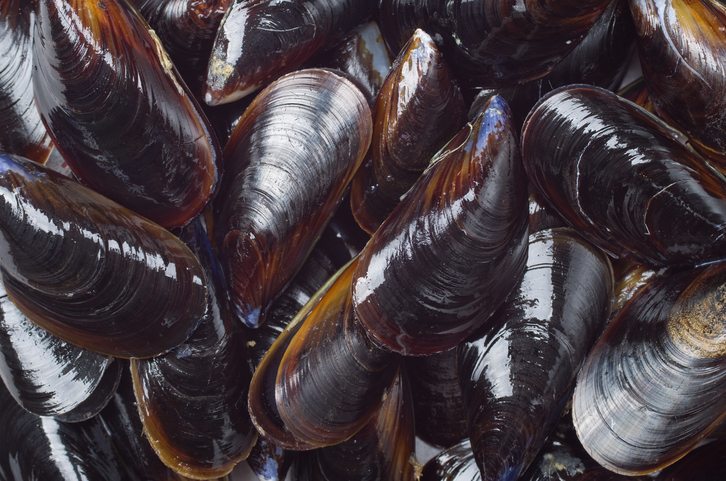The Ontario Teachers’ Pension Plan recently acquired two agribusinesses
By Diego Flammini
News Reporter
Farms.com
A group representing the retirement interests of 182,000 Ontario elementary and secondary school teachers recently added agriculture to its portfolio.
On Tuesday, the Ontario Teachers’ Pension Plan Board (OTPP) announced its acquisition of Jasper Farms, a leading Australian avocado producer with about 82,000 trees across 220 hectares.
The deal is worth more than CAD$177 million, according to The West Australian.

OTPP’s presence in agriculture shows the group wants to be part of a growing industry, said Andrew Clarehout, senior managing director, infrastructure and natural resources.
“The acquisition of Jasper Farms underscores Ontario Teachers’ mandate to seek long-term investments in well-managed producing agriculture properties to meet the growing global demand for food,” he said in a statement Tuesday.
OTTP’s avocado venture is the second Australian agricultural deal the group has made in three years.
The group purchased a 99 per cent stake in Aroona Farms, one of Australia’s largest almond producers, in 2014. That deal was worth about CAD$113 million, according to The West Australian.
OTPP also made its first investment in Canadian aquaculture this year.
In November, OTPP announced that it had acquired Atlantic Aqua Farms, the largest grower of live mussels in North America.

The operation is headquartered in Orwell Cove, P.E.I.
And aquaculture provides new investment opportunities, said Clarehout.
“Demand for protein is increasing and, in the context of land constraints and environmental considerations, aquaculture is among the most sustainable sources to meet this demand,” he said in a Nov. 17 statement.
Is the OTTP’s involvement in agriculture good or bad news?
OTTP’s interest in agriculture is a positive for the agri-food industry but could be worrisome for family farmers.
It’s good news that an organization valued at $180 billion considers food production to be a viable investment stream, says Neil Currie, general manager of the Ontario Federation of Agriculture.
“It’s interesting because it means investment managers are looking at the food system as a mainstream economy and they’ve never done that before,” Currie told Farms.com yesterday. “It’s always been a bit of a puzzle for them and they didn’t understand it. But now (the agri-food industry) is getting big enough that investment managers are taking notice.”
However, that kind of financial power entering the ag sector could also create stress for farm families, Currie said.
“If you think a big, wealthy fund is looking over your shoulder all the time and it’s interested in the family farm aspect, it could be problematic for producers,” he said.